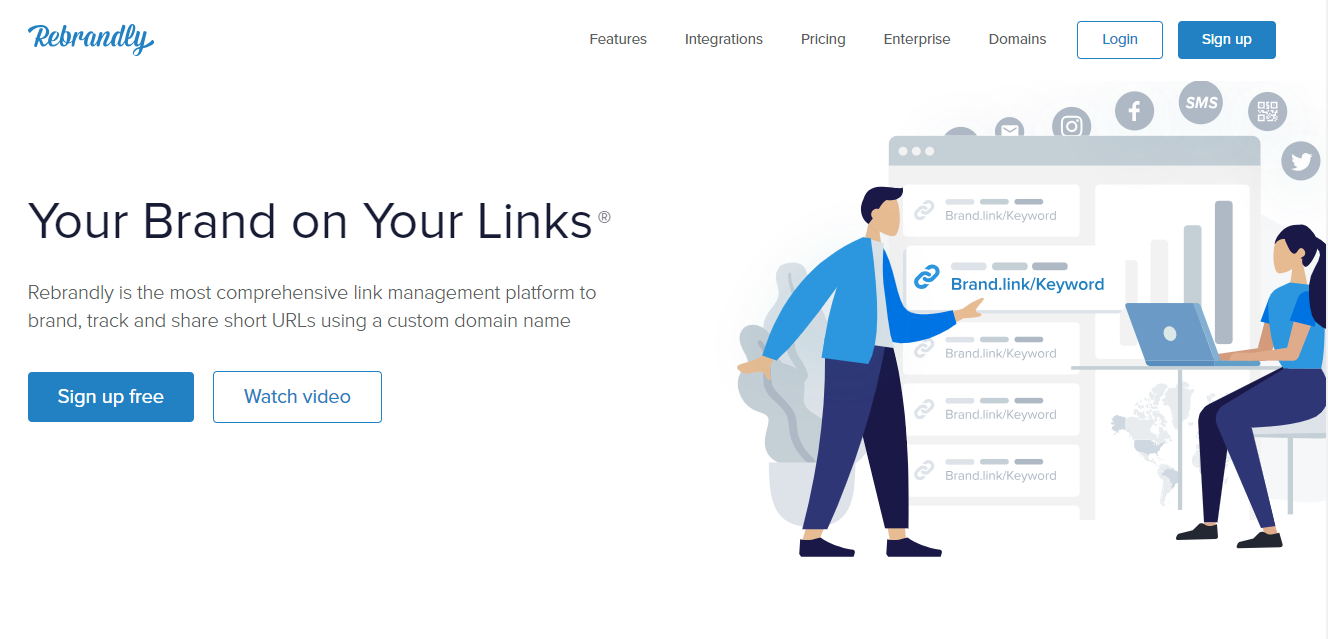A url shortener is a tool that converts long, complicated web addresses into shorter, more manageable links. The shortened links still redirect to the original destination, but they’re much easier to share, communicate, and type manually. Some url shorteners also include tracking capabilities, allowing you to monitor the performance of your link.
The most common use for a url shortener is to make a web address look more presentable when sharing it on social media or including it in text messages or emails. For example, a URL pointing to a specific product on Amazon might be incredibly lengthy, making it difficult to fit in limited-character spaces like tweets or Instagram bios. Using a url shortener allows you to create a petite link that can be used in any scenario without worrying about truncation or losing your audience’s clicks.
In addition to the aforementioned benefits, some url shorteners provide other features that make them useful for business purposes. For instance, some offer a branded short URL that can be customized with your own domain name to build brand awareness. Alternatively, some can track the performance of your links, providing valuable data about your audience’s interests and how they engage with your content.
With so many different url shorteners to choose from, how do you know which one is the best for your needs? It depends on your priorities and how important certain features are to you. For example, if you want to make sure your shortened links always work, you should go with a provider that doesn’t expire them. Similarly, if you want to be able to monitor how your links perform, you should look for an app that supports a wide range of metrics and integrations.
One of the oldest url shorteners, TinyURL has been around since 2002 and remains a popular choice because it’s efficient and simple to use. It offers unlimited shortened links for free and paid plans that start at $9.99 per month.
Another top choice is Rebrandly, a service that allows you to customize your short links with a custom domain and provides comprehensive analytics and reporting. It has a free plan and two paid options that begin at $34 per month, and both allow you to track 2500 clicks each month.
In addition to its link-tracking functionality, Rebrandly can also automatically tag marketing campaigns with unique UTM ids or campaign codes when you create a branded short link. This can help you track the results of your campaigns and optimize your future marketing efforts. You can even set up a Zap (an automated workflow on Zapier) that triggers when you create a new url on Rebrandly, saving the short link to Google Sheets or sending it directly to other apps. To learn more about creating a Zap with Rebrandly, check out this blog post from the Zapier team. You can also try it for free on your own by setting up a test automation with Rebrandly and a Zapier account.









